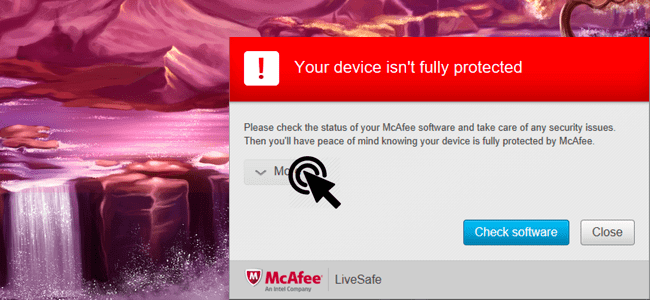Why Are Encrypted Browsers Best For Data Security?

From browsing to sharing files and downloading to transacting, the internet is an indispensable part of our lives.
Our dependency on the internet has paved multiple ways for malicious elements to snoop into our devices, steal our data and identities, and even lock us out of our own systems.
As you already know, most malware and other threats are propagated online.
Hence, keeping yourself protected is the first and foolproof step for protection.
Using an encrypted browser goes a long way towards providing you with the safety you need.
How Does A Browser Work?
A web browser is a gateway to the internet.
Did you know that Explorer, Firefox, Chrome, Opera, and Safari account for almost 95% of the total web traffic? The core role of a browser is to accept a legitimate web address (URL) via the address bar, fetch the relevant resources, and display them on your computer or mobile screen.
The browser is a rendering engine, designed to download relevant web pages based on the user’s search query and render it in a readable form to the user.
It is a 3-step process:
- DNS Resolution - Once you enter the URL, the browser contacts the relevant DNS server to fetch the details. For instance, when you search google.com, the browser locates the relevant IP address to connect to.
- HTTP Exchange - Once the IP is identified, it initiates a TCP connection followed by an HTTP exchange. In simpler words, it is just a way used by the browser to communicate.
- Rendering - Once the connection is made, the browser translates the code (HTML, CS, JS files, etc.) to a version that is understandable to viewers.
Why Do We Need Encrypted Browsers On Every Device?
When you browse the internet, your identity and data are at risk of exposure.
An encrypted browser protects your privacy and keeps your data secure from unwanted third-parties.
Standard browsers, unless configured properly, track and store large amounts of private data that can be exploited by hackers and other malicious parties.
Other than keeping your data safe, encrypted browsers also help to:
- Maintain anonymity when you browse online
- Protect you from adware, trackers, and other similar malware
- Encrypt data transfers
- Safeguard from keylogger attacks
- Notify about malicious or phishing websites in real-time
- Block suspicious files and downloads while you browse
- Keep your financial data and passwords protected
What About Data Encryption?
Standard browsers usually transfer packets of data over the web in unencrypted formats.
This is a risky affair as hackers can easily snoop into your data.
They can even use malware to gain access to your device through the network and then launch ransomware or DDoS attacks.
For instance, if you are connected to a public network and send an email to someone, anybody with the required knowledge can easily access the content of that email.
However, keep in mind that not all data needs to be encrypted.
It is especially important to encrypt all sensitive data like financial transactions, banking records, or other work-related or personal sensitive content.
Encryption is important if:
- You do not want anyone else to be able to access sensitive information
- You do not want your ISP to track your browsing history
- You want to keep your banking and other financial information safe and secure
- You want to encrypt messages and emails from prying eyes
How Antivirus Software Can Help
Many antivirus software solutions come with a hardened browser that protects your data and identity in real-time.
Avast, for instance, is a leading name when it comes to VPN and browser encryption across devices. Here is some more information about these features:
- Avast offers a SecureLine VPN with servers across 55 locations, spread across 34 countries. It is able to mask your device’s IP Address, thus keeping your online activity safe from prying eyes. Moreover, it also helps you access content blocked by geographical restrictions.
- Avast also has a Secure Browser included in its antivirus suite. This hardened browser automatically blocks unwanted ads, which, in turn, improves the loading time. You can hide all of the ads or the ones that you find intrusive. It automatically forces websites to use encryption, and notifies you about malicious and phishing URLs in real-time, blocks tracking, and masks your online identity.
Read More: How to choose the most secure web browsers;
Bottom Line
An encrypted browser is a must to keep your identity and data protected, and this is often overlooked.
Use a reliable antivirus that comes with an inbuilt hardened browser to keep your financial and personal data safe.
It is an essential requirement in today’s digital world.
Browse safely, stay protected, and start using one today.




